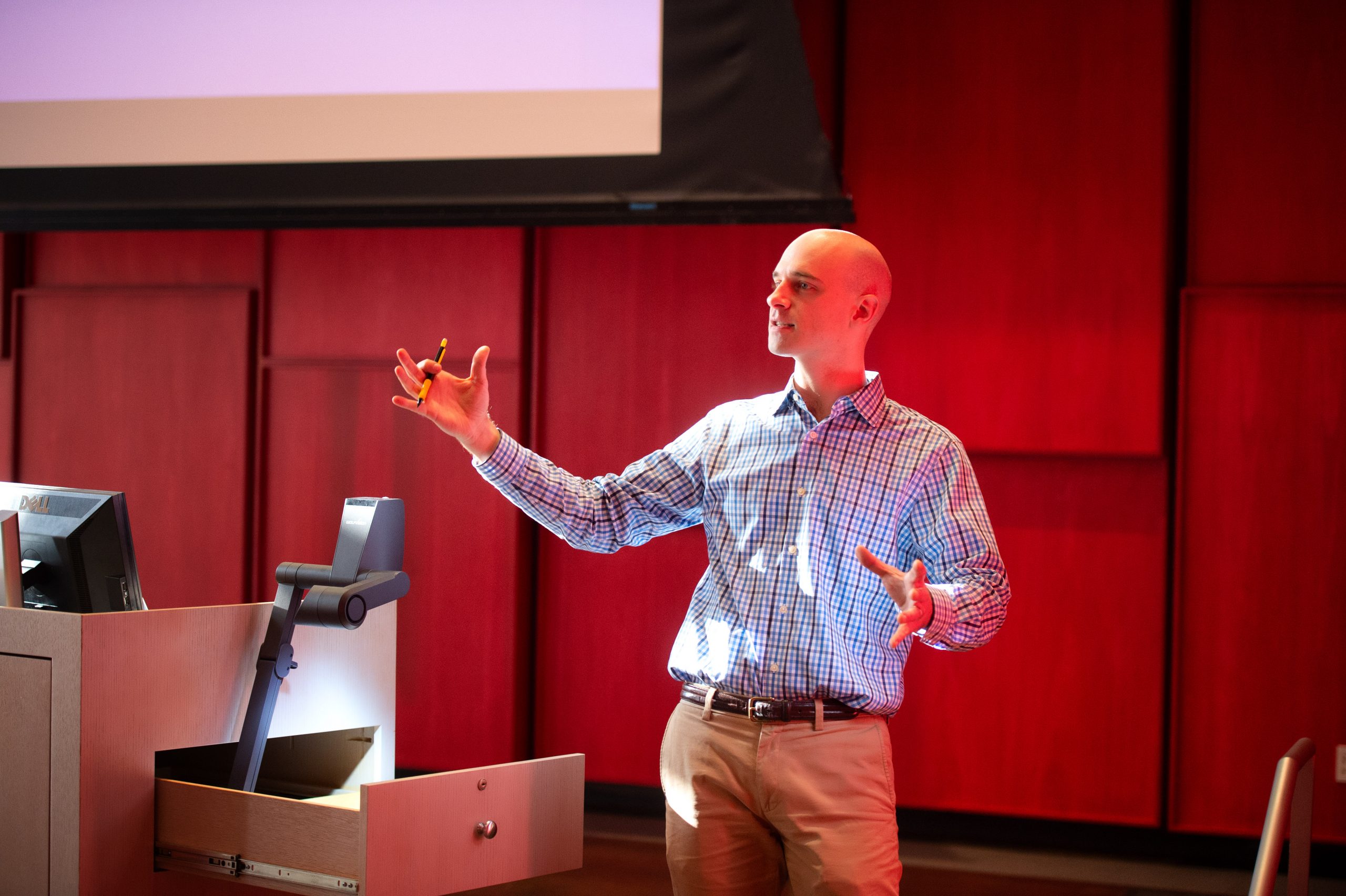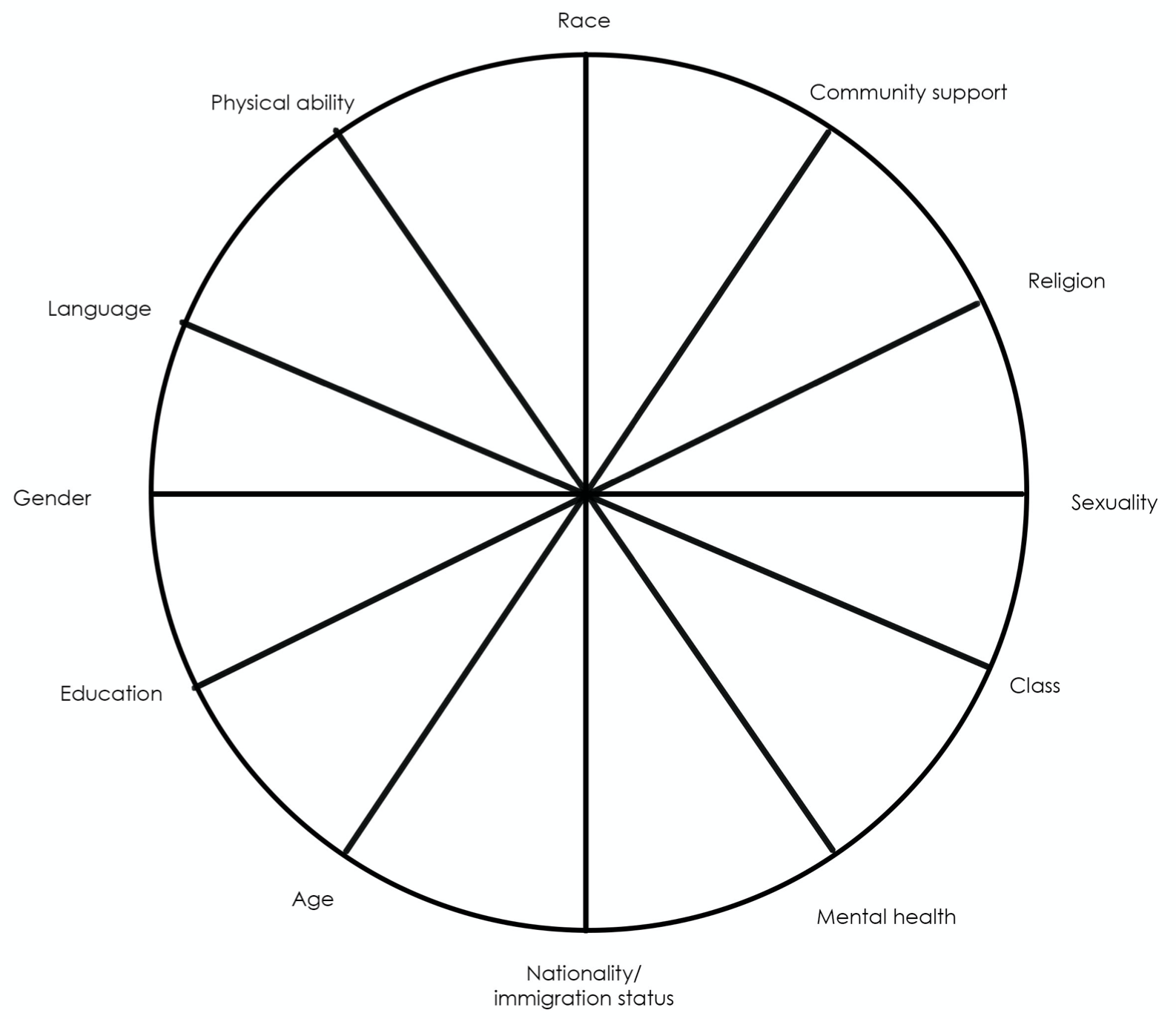2 How do your identities inform your teaching?

Beverly Daniel Tatum, psychologist and author of Why Are All the Black Kids Sitting Together in the Cafeteria? And Other Conversations About Race, writes in her essay “The Complexity of Identity: ‘Who Am I?’”:
Who am I? The answer depends in large part on who the world around me says I am. Who do my parents say I am? Who do my peers say I am? What message is reflected back to me in the faces and voices of my teachers, my neighbors, store clerks? What do I learn from the media about myself? How am I represented in the cultural images around me? Or am I missing from the picture altogether? … Integrating one’s past, present, and future into a cohesive, unified sense of self is a complex task that begins in adolescence and continues for a lifetime (Tatum, 2000, p. 7).
In this section, we encourage you to reflect on how your identity shapes your teaching and how it manifests itself through it.
It is essential to consider the implications of social identities for both learners and teachers in a classroom environment. We would like you to reflect on which of your social identities are notable to you as a teacher and which of them you are less aware of when teaching. Social identities give us membership in social groups based on shared attributes and characteristics such as race, ethnicity, nationality, citizenship status, gender (including gender expression), religion, sexual orientation, socioeconomic status, and physical or mental ability/disability.
To identify and map social identities and reflect on how those identities intersect and inform your teaching, please engage in the Social Identity Wheel Activity. Consider filling out this diagram.

💡 After completing the identity wheel, please reflect and take notes,

Feedback/Errata